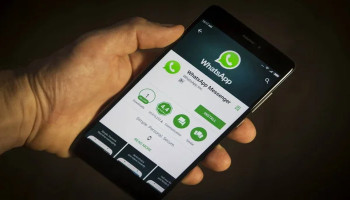
With 42% of workers now on hybrid schedules, splitting their time between the office and remote work, data security has become a growing concern, according to ZDNet. The rise of hybrid work has blurred the lines between personal and work devices, requiring innovative security solutions to address the challenges faced in this new era.
As employees use their laptops and smartphones for work-related tasks on the go, there is a potential compromise of company security measures. Working from personal devices or connecting to public Wi-Fi networks can pose risks.
To ensure a more secure remote work setup, here are two main practices to avoid.
Must-avoid things to secure remote work setup
1. Using a personal device? Stop!
While it may be convenient to use a personal laptop for work when away from the office, it can expose sensitive company information to potential hackers. Breaches of personal devices can compromise login credentials and jeopardise company privacy. It is recommended to use company-issued devices to protect both personal and work-related data.
2. Unapproved apps are a big no
Downloading apps or software from unverified sources can introduce malware to work devices. For example, using a PDF scanner app not provided by the employer's IT department may infect the computer and lead to intrusive pop-ups. It is essential to check with the IT department for approved and licensed applications to avoid unintentionally downloading malicious software.
By following these best practices, employees can help ensure data security in the hybrid work environment.
















